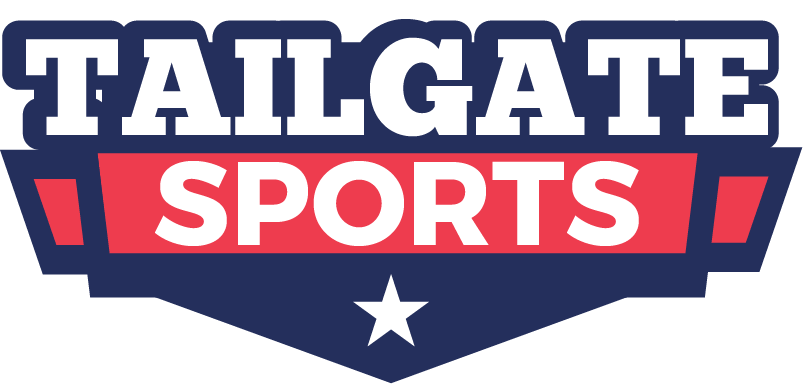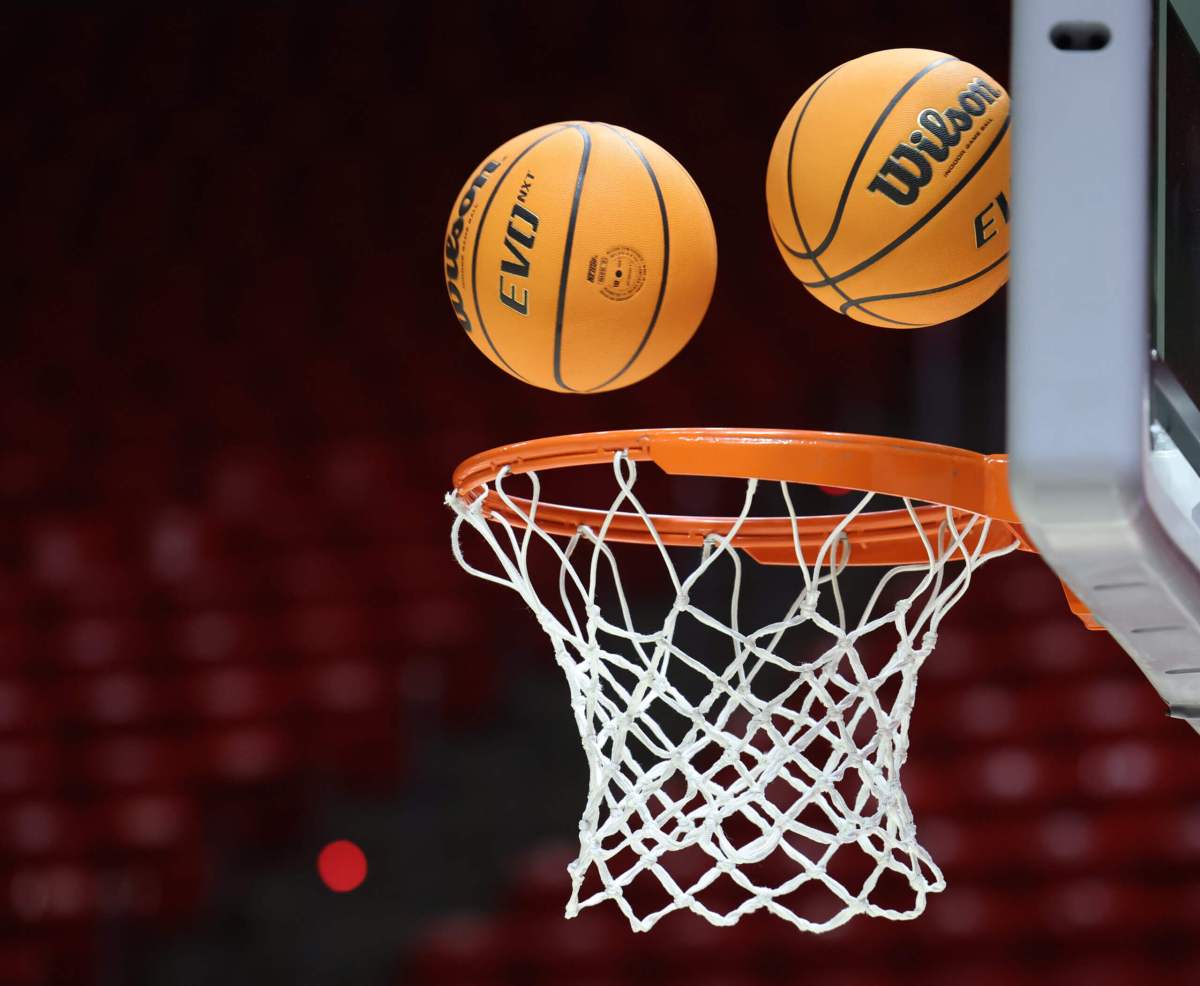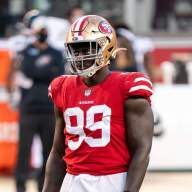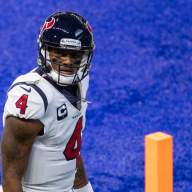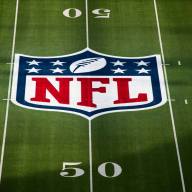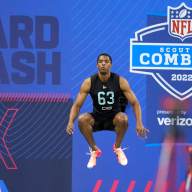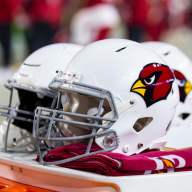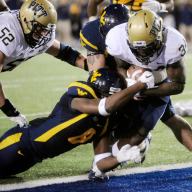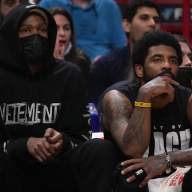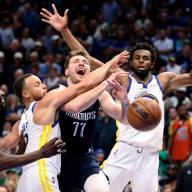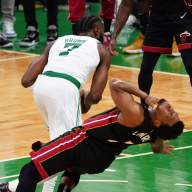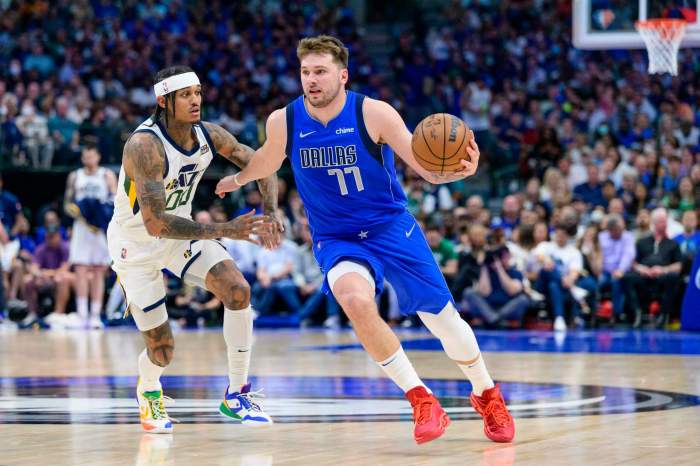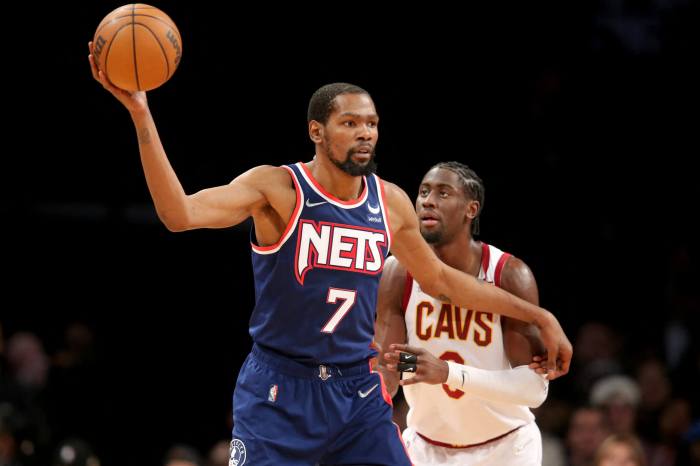Sports betting is now legal across large portions of the United States, including huge markets like New York.
With that comes an abundance of questions from sports fans who want to make the jump from passively watching the game to becoming active participants through sports betting.
For the beginning sports gambler, this could be quite an overwhelming experience considering all the games and categories that come with betting. It’s not always as simple as picking the winner of the game of the night.
Luckily, we’re here to help with a beginner’s guide to sports betting to try and make all the vernacular become a little more familiar. If you’d just like a Glossary of Terms, you can find that at the bottom of this article.
Once you feel confident with betting, check out our Daily MLB Betting Guides here.
Sports Gambling 101: Sports Betting for beginners
Understanding Odds and Bet Structure
How do the Odds Work? With every bet you place, you’ll see a + or a – sign in front of the number. These are used to signify the favorites and underdogs or the bets more likely to hit or be correct and the ones that are riskier.
For example, one team could have designated odds of -300 to win while the underdog (the team most think will lose) is at +250. The minus sign (-) in front of a number signals that the betting public and oddsmakers believe this bet is more likely to hit or be correct than not. This obviously means you’ll win less money since it’s a less risky bet.
If you place a bet on the +250 underdog, you are likely to win more money but the chances of this bet winning are less likely, according to the oddsmakers and bettors.
How are Odds Determined: The odds are initially determined by the linesmakers or oddsmakers in Las Vegas. There are multiple different sportsbooks and though many of them set similar odds, you can often find one or two “books” that have slightly different odds. This is why we will always show you the best odds from our sportsbook partners.
However, once the odds have been set, the lines can change based on how much money is being bet on a particular team. This means that Las Vegas could set a team as a favorite and then the public and professional bettors could bet so heavily on the underdog that the odds switch and the favorite is no longer the favorite anymore.
This is why it’s important to keep track of “line movement” or the amount the line has changed from when it opened to when you are betting. Any major line movement is usually a sign that you should look into what is going on. Perhaps a key player is injured? These are all things that could signal a shift in your thinking, but it’s important to remember we don’t only want to bet just because other people are betting. Remember what your mom used to ask you about following your friends off a cliff.
How do the Odds Impact the Money You Win?: When odds are expressed with a + or a – followed by a number, they tell us the amount a bettor could win if wagering $100. Everything is factored around a $100 bet.
If you have a favorite with odds of -200 that means you’d have to wager $200 in order to make a profit of $100. If that favorite wins, bettors who put down $200 on the favorite to win would win $100 on top of getting their original wager back, so they would win a total of $300.
However, if you bet on an underdog with odds of +250 then number after the positive sign (250 in this case ) signifies the amount you could win if you place a $100 bet. Should the underdog win bettors who put down $100 would win $250 on top of their original bet, meaning they would walk away with a payout of $350.
Types of Bets
What are the most common ways to bet?: The three most common bets you’ll see are bets on the Moneyline, the spread, or the Over/Under. We’ll discuss each of those below. They are other types of bets that are specialized for certain sports or often involve combining multiple games, and we’ll address those later in the article or you can skip to the glossary below.
What is the Moneyline? This is the easiest wager for a sports bettor to place when they want to get in on the action. Betting on the Moneyline simply means that you are picking the team you think will win. It’s as simple as that! Although, payouts are a bit more complicated, as we discussed above.
What is the Point Spread? Also simply known as “the spread,” this is the most popular way to wager on sporting events. A sportsbook will give a point spread which presents a bettor with two choices: Either the favored team will win by more than the number given in the point spread or that the underdog will lose by less than the number given in the spread.
Say you’re watching a basketball game between the Golden State Warriors and the New York Knicks and the Warriors are 8.5 point favorites. Bettors who put money down on the Warriors will believe that they will win by at least nine points. Those betting on the Knicks believe New York will either lose by eight points or fewer — or can even win the game.
It’s important to note that, when betting on the spread, sometimes betting on the favorite can actually making a positive odds bet (a bet with a + sign) and can actually win you more money. This is often because the point spread is set to a number that is high enough that most people believe they will not be able to cover it.
What is the Over/Under? This is where a bettor doesn’t try to pick who will win the game, but instead bets on whether or not the final combined score of a game will go over the total number posted by a sportsbook.
Using the aforementioned example of the Warriors and Knicks game, a sportsbook may put down an over/under of 230.5, which means they are asking you to bet on whether or not you believe the total combined points scored in the game will be above that total. It doesn’t matter which team scores how many points, but rather can they combine to score more or less than that total?
Should you bet the over and the Warriors defeat the Knicks 125-110, you’re a winner. But if that score is 125-105, you’re out of luck.
Are There Other Types of Bets?
What is a Parlay: A parlay is a wager that puts together multiple bets that allows a bettor to win more money. To put it simply, more bets equals more earnings should you hit each leg of the parlay. So if you take the Knicks on the Moneyline while also taking the under (less than 230.5 points), sportsbooks will combine those odds to create an even larger payout.
However, these bets are all-or-nothing, which means every separate bet you have now combined together has to win in order for you to win. So, in the example above, the Knicks have to win the game but the total points in the game ALSO has to be under 230.5. You won’t get money if only one of those things happens.
That’s why the odds are higher and your profit can be greater, but they are also much harder to hit and is the type of bet you shouldn’t make too often.
What is a Prop Bet? Prop bets allow bettors to wager on specific events or individual outcomes during the game. It could be something like the over/under on how many three-pointers Stephen Curry hits or how many rebounds Julius Randle reels in. Or it could be something even more specific, such as Klay Thompson being the first person to score in the game.
What is a First Half Bet? When betting on basketball, you don’t always have to bet on the entire game. You can place bets on the Moneyline or Point Spread (or even player props) after just one quarter or one half. People will often bet on this because they like the odds more or because maybe you think a game will be a blowout and you’re not sure if the favorite will rets their starters in the second half. This could mean they won’t cover the spread for the game but are more likely to cover the spread for the first half, when all their starters are playing normal minutes.
What is a First Five Bet? Similar to what we discussed above, with quarter and halftime bets, this is specific to baseball, but a first five bet is a bet on what will happen after the first five innings of the game. You can place bets on either the Moneyline or the Spread, just like we discussed above, but just at what will happen mid-way through the game. This is a good bet to use if you think one team has a much better starting pitcher, but you’re not sure they are the better team overall.
Glossary and Acronyms
ATS: Against the Spread
Bookmakers: They provide the markets and odds for you to choose from. It’s also where you get your money if you win your bets. Also commonly referred to as “bookies.”
Enhanced Odds: When the bookmaker or sportsbook provides improved odds on selected events, which can sometimes mean a greater return.
F5: A First five bet
Free Bet: Any bet that you can place without needing to put up your own money. This often given out by sportsbooks as a “reward” for placing a previous bet of a certain amount. So, in essence, they are almost never really “free.”
Hedging: A strategy of placing multiple bets on often competing outcomes to minimize your risk of losing. For instance, if you have a parlay bet placed and the only thing left you need to happen in order to win is for the Knicks to beat the Lakers in a late-night game, you could place a single-game wager on the Lakers to ensure that you will win some money regardless of which way the game goes.
Live Betting: Any form of betting that happens as an event is being played. Live betting odds often change as the event is happening, so live betting can sometimes be a good way to take advantage of a slow start by a favorite or a fast start by an underdog that has changed the odds to be something you feel more profitable if the favorite now comes back to win, as you previously expected to happen.
Long-Shot: When a pick is extremely unlikely to win.
O/U: Over/Under
Payout: The amount of money you receive if you win your bet.
Teaser: A teaser (or “to tease” games) is when a bettor combines bets from two or more different games. Unlike a parlay, a teaser also allows the bettor to adjust the point spreads of the games – or “tease the spreads” – to a number they feel more comfortable with. This will also likely lead to a lower profit if the bet wins.
Where Can I Start Sports Betting?
-
- To get a risk-free bet up to $1,000 with FanDuel, click here
- To get a $1,000 Deposit Bonus Match plus a $50 Free Bet from DraftKings, click here
